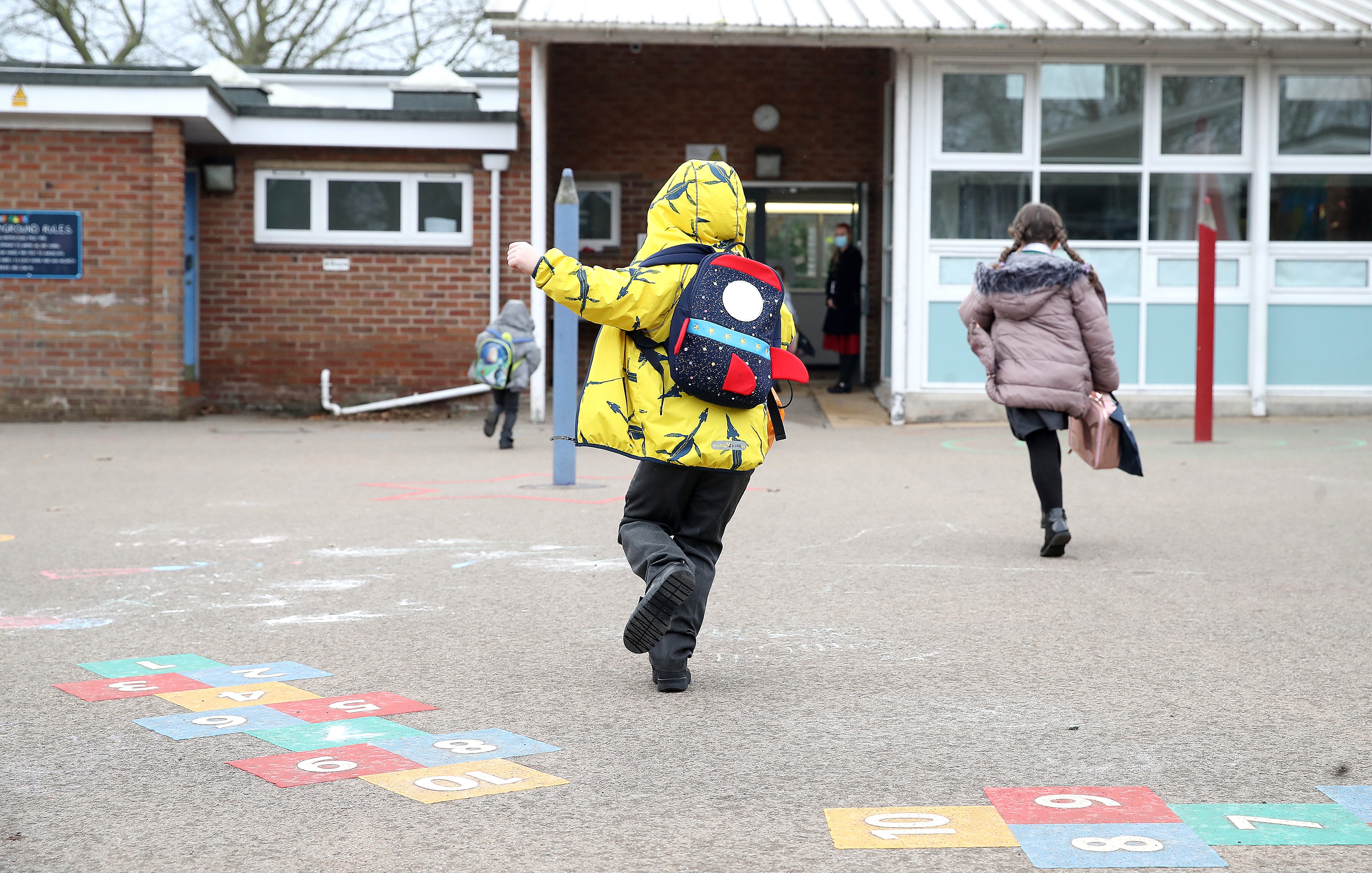Innate immune response in children protects them from severe Covid – study
Fundamental differences in the immune response of adults and children may help to explain why children are much less likely to become seriously ill.

The innate immune response of children is better at fighting coronavirus, which might help explain why they are less likely than adults to become seriously ill from the disease, new research suggests.
The study compared Covid infection in adults and children across multiple organs.
Researchers found a stronger innate immune response in the airways of children, characterised by the rapid deployment of interferons, helped to restrict viral replication early on.
According to the study, a less rapid immune response in adults meant the virus was better able to invade other parts of the body where the infection was harder to control.
Interferons tell nearby cells to tighten their defences when there are viral or bacterial threats.
To put it simply, the innate immune response is better at fighting Covid-19 and children have stronger innate immunity, but immunity is also a complex ballet involving many types of cells
They are proteins with strong anti-viral activity and their production will typically lead to the activation of B and T cells which kill infected cells and prevent the pathogen from spreading further.
Part of the Human Cell Atlas, researchers suggest the findings will be a valuable contribution to predict personal risk from the virus.
A nasal swab to measure the immune response in newly infected adults could be used to identify those at higher risk who may be candidates for pre-emptive monoclonal antibody treatment.
While other research indicates inhalation of interferons could be a viable therapy.
The immune system people are born with is not the same as the one they have as adults.
Children have an innate immune system that is better able to recognise dangerous viruses or bacteria automatically, triggering cells that can adapt to the threat.
Researchers say adults have a more adaptive immune system containing a huge repertoire of memory type cells which have been trained through past exposure to respond to a particular threat.
While the adult immune system also has an innate response, it is more active in children.
For this study, researchers at University College London (UCL) and affiliated hospitals collected and processed matched airway and blood samples from 19 paediatric and 18 adult Covid-19 patients with symptoms ranging from asymptomatic to severe, as well as control samples from 41 healthy children and adults.
Analysis showed that interferons were more strongly expressed in healthy children compared to adults, with a more rapid immune response to infection in children’s airways.
This would help to restrict viral replication early on and give children an immediate advantage in preventing the virus from infecting the blood and other organs, researchers say.
Dr Masahiro Yoshida, a first author of the study from University College London, said: “Because Sars-CoV-2 is a new virus, it isn’t something that the adaptive immune system of adults has learned to respond to.
“The innate immune system of children is more flexible and better able to respond to new threats.
“What we see at a molecular level are high levels of interferons and a very quick immune response in children that helps to explain why they are less severely affected by Covid-19 than adults.”
The study also explains how the immune system of adults, with its high numbers of killer immune cells such as B and T cells, can work against the body once the virus has spread to other parts of a patient.
Dr Marko Nikolic, a senior author of the study from University College London, MRC Intermediate Fellow and honorary consultant in Respiratory Medicine, said: “Once the virus has spread to several areas of the body, organ damage can be caused by the immune system trying and failing to control the infection.
“Our study shows that not only do children respond better initially, if the virus does enter the blood the cytotoxic response is less forceful.”
Dr Kerstin Meyer, a senior author of the study from the Wellcome Sanger Institute, said: “To put it simply, the innate immune response is better at fighting Covid-19 and children have stronger innate immunity, but immunity is also a complex ballet involving many types of cells.
“The timing and the types of cells that are triggered will influence how an infection develops, and this will vary between individuals for all sorts of reasons in addition to age.
“Some of the differences we observe between children and adults may help us to think about how we gauge personal risk for adults as a way of mitigating serious illness and death.”
The research from the Wellcome Sanger Institute, University College London and their collaborators, is published in Nature.